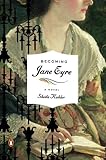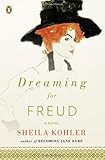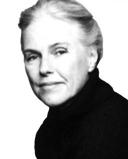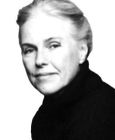Freudian Psychology
Why Are We Fascinated By Celebrities?
What makes us follow the lives of the famous with fascination?
Posted August 23, 2014
I have to admit that anything, but anything, about Kate Middleton catches my attention. Of course, she is pretty, has a lovely figure, and wears lovely clothes. She is also part of the English aristocracy, a young beautiful part of an aristocracy that growing up in South Africa was part of my own youth. I remember losing my mother in a crowd that had come to see the two princesses, Elizabeth and Margaret, and the King and Queen of England as a very young child in Johannesburg in 1947.
But is there anything really extraordinary about this young woman? Probably not, though she certainly seems to have handled fame and fortune particularly well which cannot be said about the woman who would have been her mother-in-law, Princess Diana, who was equally if not more famous and is now dead.
So why do we follow these famous people? Why are we drawn to read about their lives, look at their pictures, and gossip about their deeds?
I suppose, particularly in the case of a royal family, this comes from an infantile side that we all have preserved more or less which longs to believe in the fairytale princess who captures the prince despite difficulties, the valiant princes hacking down forests, the hero or heroine, someone brave and beautiful we can live through vicariously. We love to identify with someone who seems to lead a perfect life and to follow the vicissitudes of this life which, of course, we know, is never perfect.
Even the great writers who have inspired us are better studied in their own works, surely. Yet we want to know what lay behind these works.
This is not always a puerile impulse however but can lead us to learn.
In my own case I was fascinated by Charlotte Bronte, another heroine from my youth who had first written a book, “The Professor” which few people have read, which was turned down by publishers again and again and even humiliatingly rejected when her two younger sisters’ books, “Wuthering Heights” and “Agnes Grey” had been chosen. Yet she then went on to write “Jane Eyre,” sitting in a darkened room beside her bedridden father when he had his cataracts removed. What enabled her to go from this first novel, written from the point of view of a rather unsympathetic man, to “Jane Eyre” where she dared to write in the first person, as a woman, a governess, taking on a persona nearer to her own?
Part of our curiosity is a way of learning what makes the great great in our own search for knowledge, fame and fortune. We copy the famous, buy dresses that are similar or even the same, we wear our hair the way our idol does in an attempt to capture the glamor we admire. But we can also read the great writers or study the great painters and musicians to learn their tricks of the trade, in an effort to emulate, and in some rare cases to surpass what came before us.
Sheila Kohler is the author of many books including Becoming Jane Eyre and the recent Dreaming for Freud.
Becoming Jane Eyre: A Novel (Penguin Original) by Sheila Kohler Penguin Books click here
Dreaming for Freud: A Novel by Sheila Kohler Penguin Books click here




